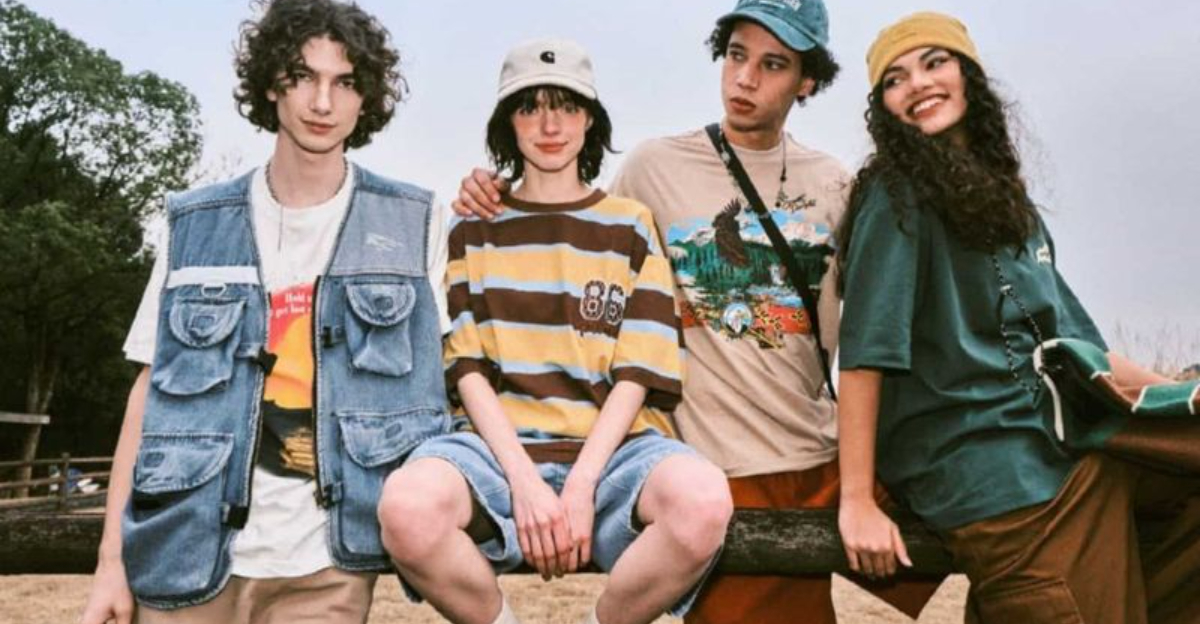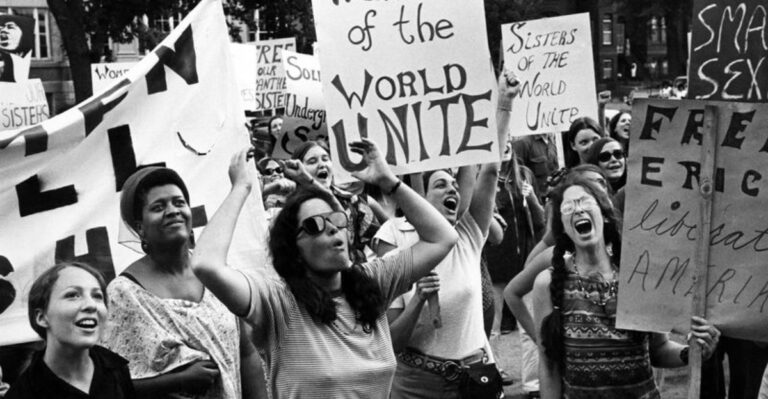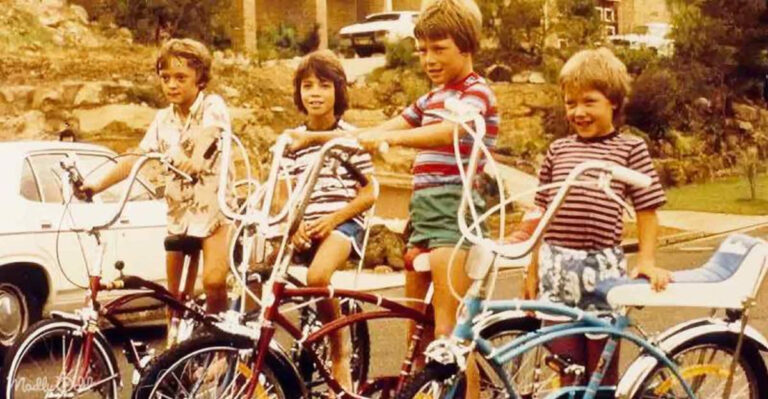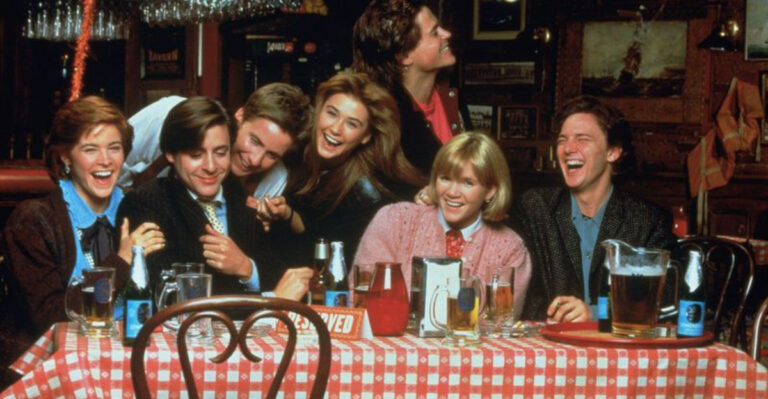15 Gen Z Trends Older Generations Just Don’t Get
Gen Z has introduced a kaleidoscope of cultural phenomena that often leave older generations smiling in confusion.
From fashion choices that echo past decades to digital practices that reshape communication, these trends are more than just passing fads—they’re a reflection of a generation defining its identity in a rapidly changing world.
Here, we delve into fifteen trends that befuddle Boomers, Gen Xers, and even Millennials, each one a testament to Gen Z’s unique approach to life.
1. Talking in Memes

In the land of Gen Z, memes are like a second language. Older generations might raise an eyebrow, wondering how a simple image with text could convey so much emotion and meaning. Yet for Gen Z, memes are a dynamic way to communicate nuanced feelings and ideas.
Memes pack cultural references, humor, and emotions into bite-sized digital nuggets. This form of communication is fast-paced, ever-evolving, and inherently linked to internet culture. For those not versed in the latest online trends, keeping up can feel like trying to catch a train that’s already left the station.
But for Gen Z, it’s as natural as breathing. They have an uncanny ability to weave memes into both online and everyday conversations, making even the most mundane topics engaging and relevant.
2. Romanticizing Low Effort Style
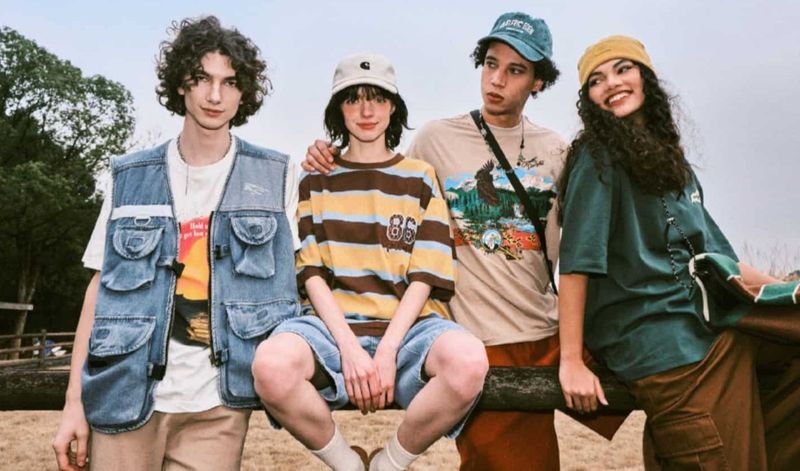
For Gen Z, style doesn’t always equate to high effort. Enter the era of Crocs and messy buns—a look that screams comfort over conformity. While some may call it “low effort,” there’s an art to pulling off this effortlessly chic aesthetic.
It’s a style that challenges traditional fashion norms, embracing individuality and practicality. The casual and laid-back vibe is a deliberate choice, signaling a shift from runway perfection to authentic self-expression.
Older generations might scratch their heads, recalling days when looking polished meant hours in front of a mirror. But for Gen Z, fashion is about feeling good in one’s skin, flouting conventions, and redefining what it means to be stylish.
3. Being Chronically Online

Gen Z has embraced the digital realm with open arms, earning the moniker “chronically online.” For older generations, who remember life before the internet, this constant connectivity can seem overwhelming.
For Gen Z, however, being online is a way of life, from socializing to shopping and even learning. They navigate the digital landscape with ease, finding community and connection in virtual spaces.
While Boomers and Gen X might feel a digital detox is in order, Gen Z finds comfort and camaraderie in their online presence. It’s a new frontier of interaction, where emojis and likes replace traditional face-to-face encounters.
4. Dressing Like It’s 1998
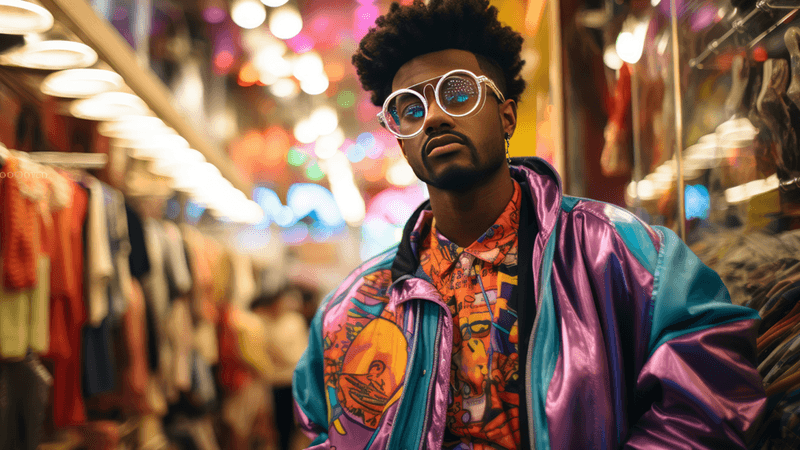
Step into a time machine and you’ll find Gen Z embracing the 90s with open arms. For those who lived through it the first time, seeing Doc Martens and high-waisted jeans back in vogue is like a nostalgic trip down memory lane.
Gen Z’s fascination with 1998’s fashion is more than mere nostalgia. It’s a celebration of an era they never experienced but revere through movies, music, and iconic style. This trend is a testament to their ability to revive and reinterpret the past in fresh, creative ways.
While some may see this as recycling old trends, for Gen Z, it’s an exploration of identity. They blend the old with the new, creating a unique sartorial narrative that speaks to their youthful exuberance.
5. Bringing Back Flip Phones
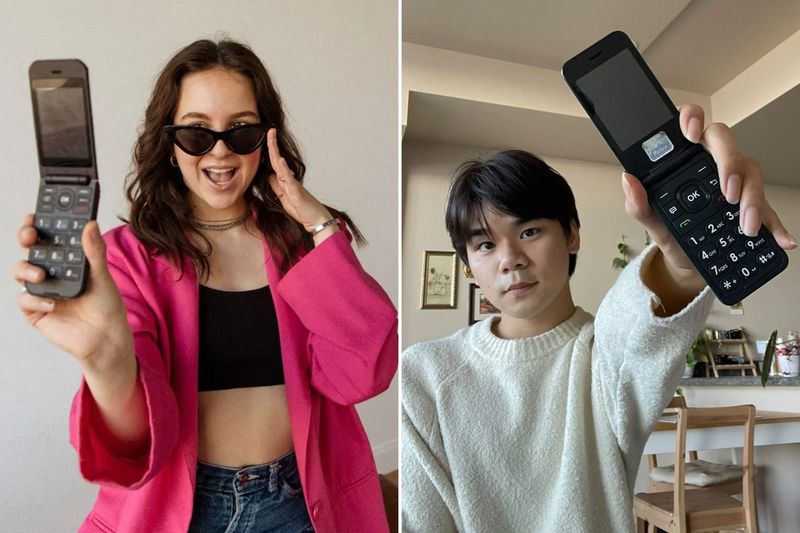
Flip phones are making a comeback, and Gen Z is leading the charge. For those who remember their first Nokia, this trend is both perplexing and amusing.
But for Gen Z, flip phones represent a simpler time, free from the constant pings of social media notifications. It’s a deliberate step back from the digital overload, opting for a device that does the bare minimum.
This retro fascination is more than just aesthetic. It’s a statement about valuing presence over perpetual connectivity. While others might see it as a step backward, Gen Z finds joy and novelty in the tactile experience of snapping a phone shut.
6. Treating Texting Like a Formal Appointment
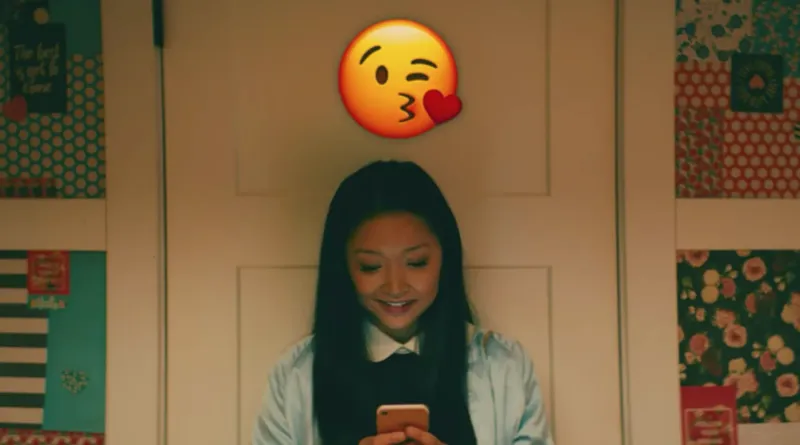
For Gen Z, texting isn’t a casual affair—it’s a carefully considered act. Imagine setting up a meeting just to send a text; that’s the level of intention we’re talking about here.
Gone are the days of impulsive messaging. Gen Z approaches texts with the seriousness of a formal appointment. It’s all about crafting the perfect message, reflecting respect and thoughtfulness for the recipient.
Boomers and Gen X might chuckle at the formality of it all, but this trend underscores a desire for meaningful communication. In a world of instant messaging, Gen Z stands out for valuing depth over speed.
7. Normalizing Therapy Chats on TikTok

Therapy has become mainstream for Gen Z, and TikTok is their platform for it. They openly share insights from therapy sessions, normalizing mental health conversations in a digital space.
This shift has demystified therapy, making it accessible and relatable. Older generations, who often kept such matters private, may find this transparency surprising.
But for Gen Z, these videos foster a supportive community, breaking down stigmas. They discuss anxiety, self-care, and personal growth with honesty and humor, making mental health a part of everyday dialogue.
8. Wearing Baggy Everything
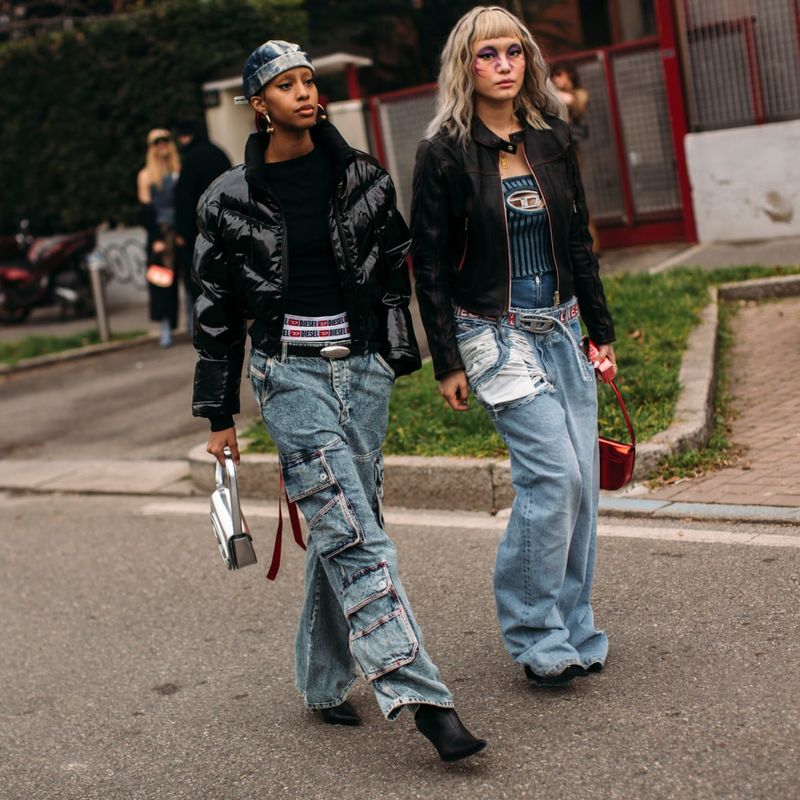
Baggy clothing is back, and Gen Z is all about it. This isn’t just a fashion choice; it’s a statement of comfort and confidence.
While some might recall the oversized fits of the 90s and early 2000s, Gen Z has made it their own. They blend streetwear influences with personal flair, creating looks that are both relaxed and stylish.
Older generations might question the allure of shapeless silhouettes, but for Gen Z, it’s an embrace of freedom. Baggy clothes allow them to move through life unencumbered, prioritizing comfort without sacrificing style.
9. Turning Hobbies into Side Hustles

For Gen Z, hobbies aren’t just pastimes—they’re potential side hustles. This entrepreneurial spirit is reshaping how they approach work and leisure.
From crafting to coding, Gen Z sees opportunities where others might see hobbies. They leverage social media platforms to market their creations, turning passion projects into profitable ventures.
Older generations might find this hustle mentality intriguing, as it blurs the lines between work and play. Yet for Gen Z, it’s a natural extension of their skills and interests, allowing them to explore creativity while earning income.
10. Having Photo Dumps

Gen Z loves a good photo dump—a curated collection of seemingly random images that capture life’s unposed moments. This trend is a departure from the polished, picture-perfect feeds of yesteryear.
Photo dumps are about authenticity, showcasing real life in all its chaotic glory. For older generations used to more traditional albums, this might seem like organized chaos.
But for Gen Z, it’s about telling a story. Each image, whether a sunset or a messy room, adds a layer to their narrative. It’s an art form that celebrates imperfections, capturing the essence of spontaneity and truth.
11. Talking Openly About Burnout

Gen Z is vocal about burnout, discussing it with a candor that’s refreshing and, at times, startling. In a world that often glorifies hustle, acknowledging exhaustion is a bold move.
They challenge the status quo, advocating for mental health and work-life balance. This openness might surprise older generations, who often kept struggles silent.
For Gen Z, talking about burnout is a step toward change, promoting healthier work environments. It’s a conversation that pushes for understanding and support, reshaping how society views success and well-being.
12. Taking Y2K Nostalgia to Extremes
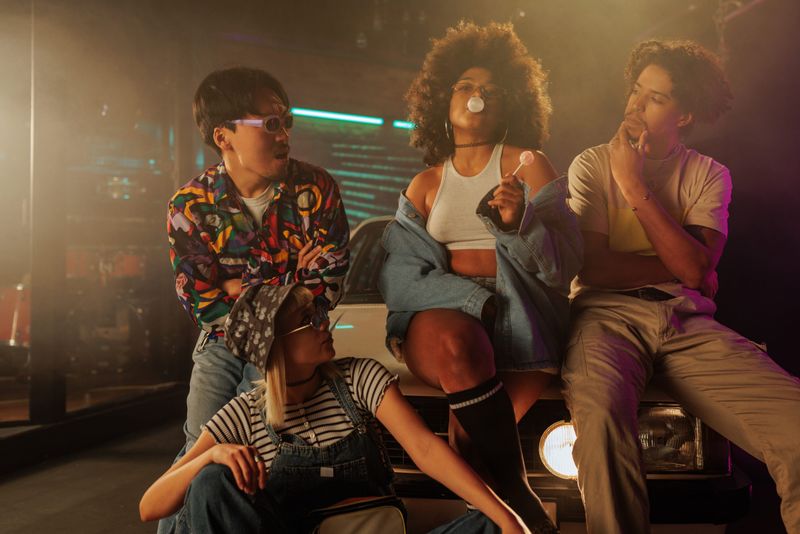
Y2K nostalgia is back with a vengeance, and Gen Z is diving headfirst into it. From fashion to technology, they’re reviving early 2000s trends with enthusiasm.
This isn’t just about re-wearing old styles; it’s a celebration of an era that defined their childhood. For those who lived through it, seeing these trends resurface in full force can be both endearing and perplexing.
But for Gen Z, it’s about embracing the past while infusing it with new energy. They reimagine Y2K aesthetics, blending nostalgia with innovation, creating a cultural tapestry that’s uniquely theirs.
13. Saying ‘No Thoughts, Just Vibes’

“No thoughts, just vibes” is more than a phrase; it’s a philosophy for Gen Z. It embodies a carefree attitude that prioritizes experience over analysis.
For older generations, this might seem like a perplexing mantra, counter to the value of deep thinking. Yet for Gen Z, it’s a reminder to live in the moment, embracing spontaneity and joy.
This mindset is about balance, counteracting the pressures of modern life with moments of unfiltered enjoyment. It’s a playful nudge to let go and simply be, capturing the essence of youthful freedom.
14. Rejecting Hustle Culture

Gen Z is redefining success by rejecting hustle culture, yet paradoxically building empires online. They prioritize mental health and balance, challenging the narrative of work equating to worth.
This shift may confuse those raised on the mantra of hard work above all. However, Gen Z seeks fulfillment beyond conventional career paths, using digital platforms to create diverse income streams.
Their approach is a blueprint for future work environments, emphasizing well-being over burnout. By valuing creativity and innovation, Gen Z is paving the way for a more sustainable, satisfying professional life.
15. Ironically Loving Things Parents Hated
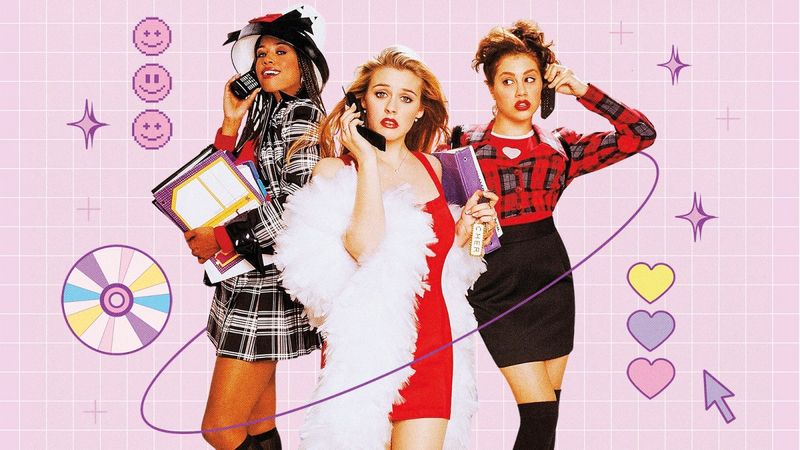
Gen Z has a knack for embracing what their parents once despised. From cargo pants to certain music genres, they find joy in the irony of loving what was once uncool.
This trend is less about rebellion and more about reclaiming cultural artifacts with a sense of humor. It’s a playful nod to past generations, turning fashion faux pas into cherished statements.
For older generations, this might evoke a sense of déjà vu, watching trends come full circle. But for Gen Z, it’s about rewriting the narrative, transforming the “unfashionable” into the epitome of cool.

